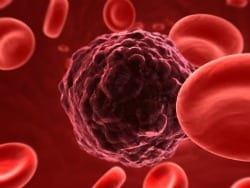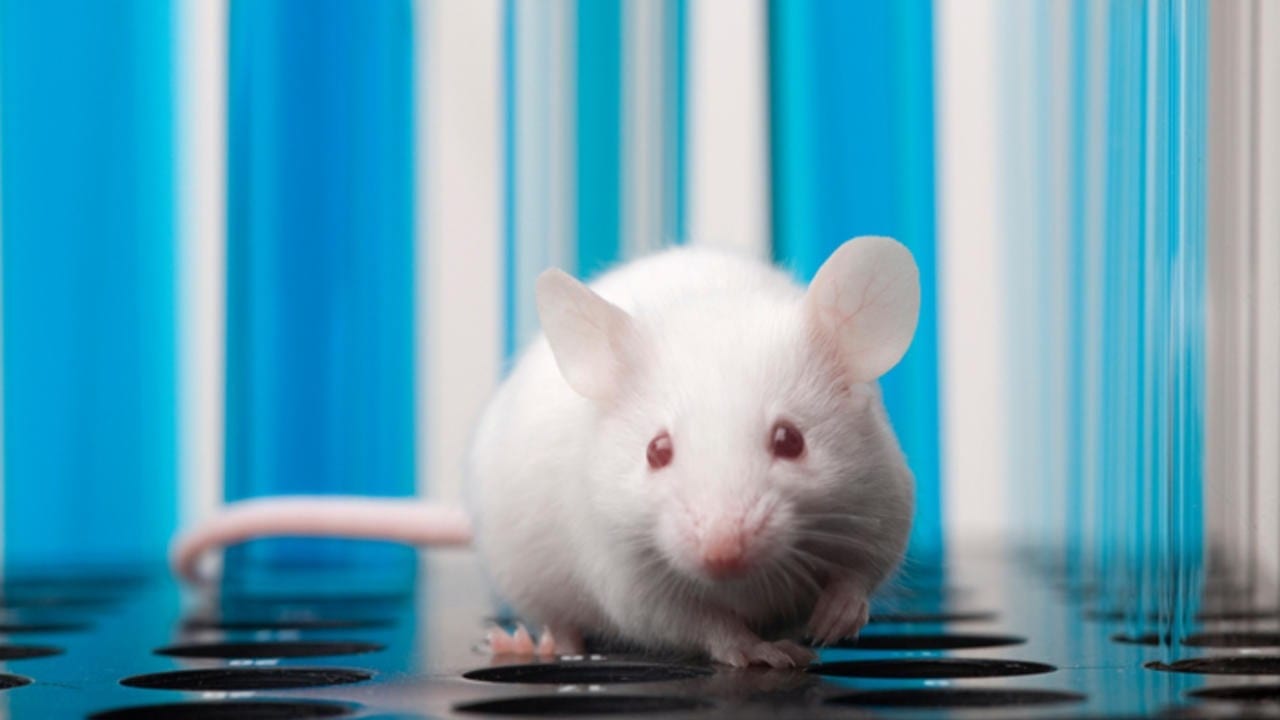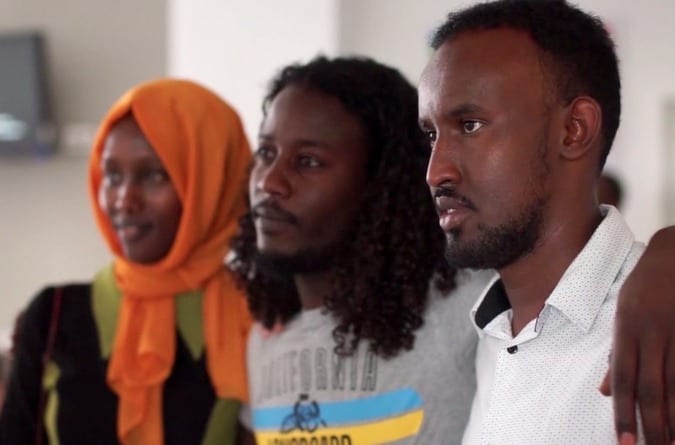
CANCER
The hunt for a vaccine against malaria in pregnant women has provided an unexpected side benefit for Danish researchers, namely what appears to be an effective weapon against cancer. The scientists behind the vaccine aim for tests on humans within four years.
Danish scientists from the University of Copenhagen and the University of British Columbia (UBC) face a possible breakthrough in the fight against cancer, which may result in a genuine medical treatment for the dreaded disease.
The hunt for a weapon to fight malaria in pregnant women has revealed that, expressed in popular terms, armed malaria proteins can kill cancer. The researchers behind the discovery hope to be able to conduct tests on humans within four years.
In collaboration with cancer researcher Mads Daugaard from the University of British Columbia in Canada, malaria researcher Professor Ali Salanti from the Faculty of Medical Health and Sciences, UCPH, has revealed that the carbohydrate that the malaria parasite attaches itself to in the placenta in pregnant women is identical to a carbohydrate found in cancer cells.
In the laboratory, scientists have created the protein that the malaria parasite uses to adhere to the placenta and added a toxin. This combination of malaria protein and toxin seeks out the cancer cells, is absorbed, the toxin released inside, and then the cancer cells die. This process has been witnessed in cell cultures and in mice with cancer. The discovery has only just been described in an article in the renowned scientific journal Cancer Cell.
“For decades, scientists have been searching for similarities between the growth of a placenta and a tumor. The placenta is an organ, which within a few months grows from only few cells into an organ weighing approx. two pounds, and it provides the embryo with oxygen and nourishment in a relatively foreign environment. In a manner of speaking, tumors do much the same, they grow aggressively in a relatively foreign environment,” says Ali Salanti from the Department of Immunology and Microbiology at the University of Copenhagen.
Ali Salanti’s team is currently testing a vaccine against malaria on humans, and it was in connection with the development of this drug that he discovered that the carbohydrate in the placenta was also present in cancer tumors. Ali Salanti immediately contacted his former fellow student and now cancer researcher, Mads Daugaard, who is head of the Laboratory of Molecular Pathology at the Vancouver Prostate Center at UBC in Canada. In collaboration, the two groups have generated results, which they hope will provide the basis for a drug against cancer.
“We examined the carbohydrate’s function. In the placenta, it helps ensure fast growth. Our experiments showed that it was the same in cancer tumors. We combined the malaria parasite with cancer cells and the parasite reacted to the cancer cells as if they were a placenta and attached itself,” Ali Salanti explains.
Read more: Malaria vaccine provides hope for a general cure for cancer
The Latest on: Cure for cancer
[google_news title=”” keyword=”cure for cancer” num_posts=”10″ blurb_length=”0″ show_thumb=”left”]
via Google News
The Latest on: Cure for cancer
- King Charles: What kind of cancer treatment is available to him - and what impact could it haveon April 26, 2024 at 11:30 am
The palace has said the King does not have prostate cancer and it is not yet clear what kind of cancer the King is suffering from or what kind of treatment he is having. However, there are three main areas of treatment for cancer patients on the NHS – chemotherapy, radiotherapy, and surgery.
- Study identifies driver of liver cancer that could be target for treatmenton April 26, 2024 at 7:54 am
Metabolic diseases like obesity can increase the risk of developing liver cancer, research has shown. But how one disease predisposes to the other is unclear. In a new study, Yale researchers uncovered a key role played by a molecule called fatty acid binding protein 5 (FABP5) and found that inhibiting it blocked tumor progression in many cases.
via Bing News










